Inspiring future control engineers and automation researchers
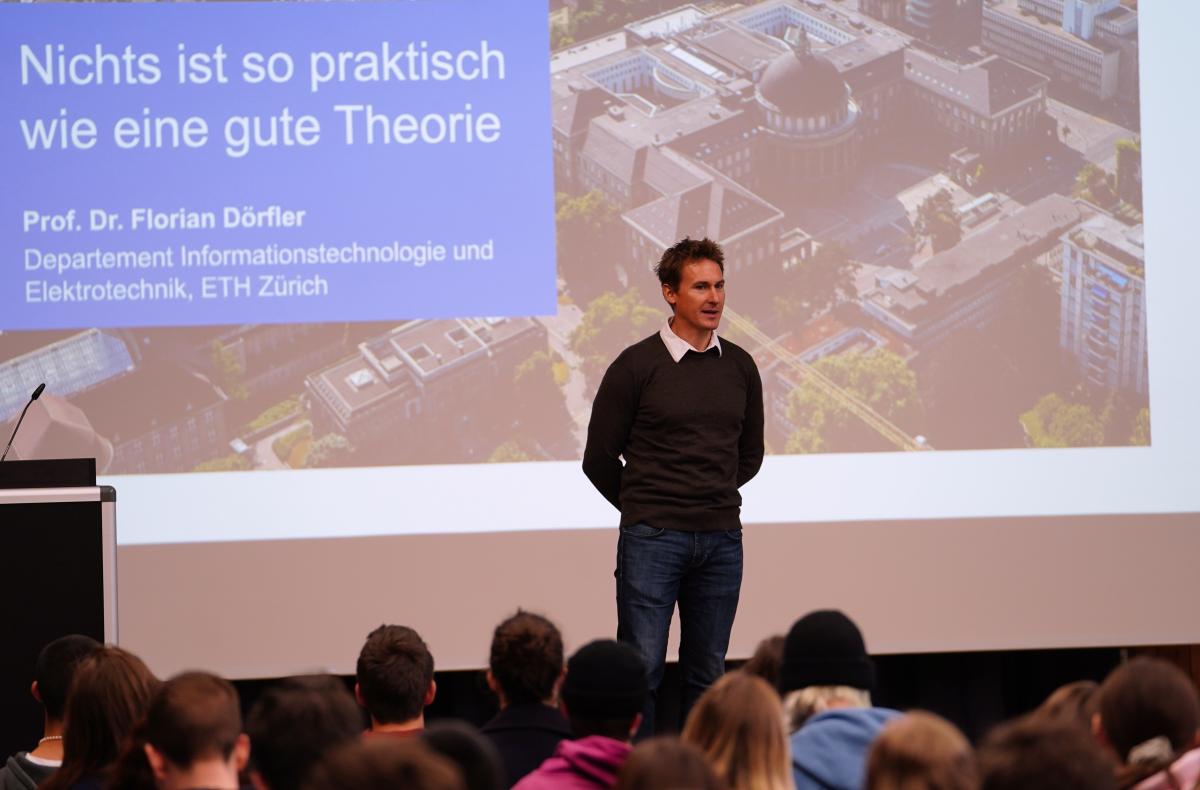
What you can do with a good theory
As part of the ETH Unterwegs event series, one of the principal investigators of the NCCR Automation, Florian Dörfler, visited the Kanttonsschule Wattwil and presented the field of control theory. Using the example of cruise control in cars, he explained, for example, how methods from this field can close the feedback loop between the physical and digital worlds.
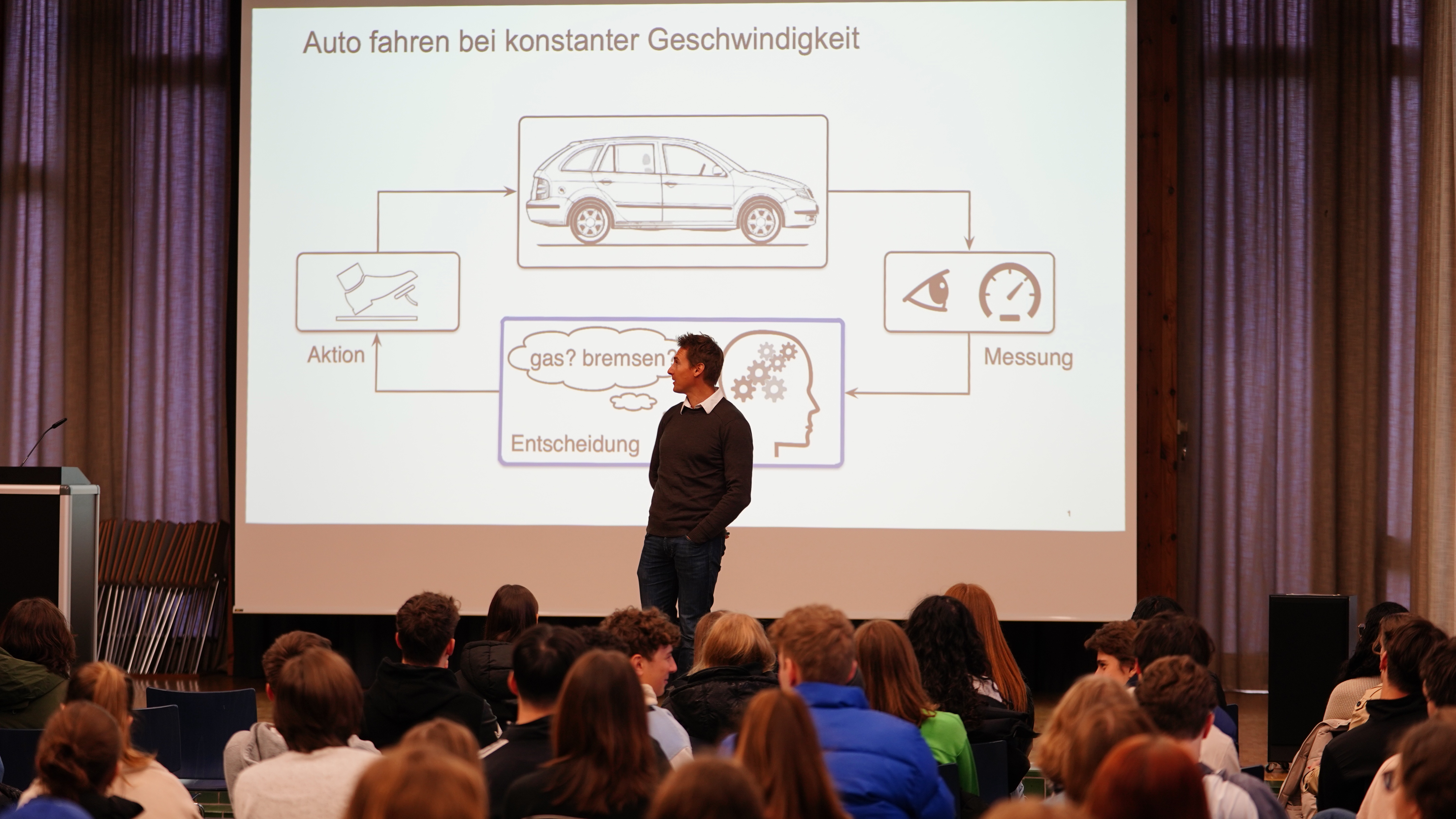
In his talk, he also introduced other examples of applications. Among other things, Dörfler spoke about why some newspapers collect surveys. "They can use this information to create quantitative models in the run-up to elections, for example, and thus manipulate them," Dörfler explained to the fascinated young people.
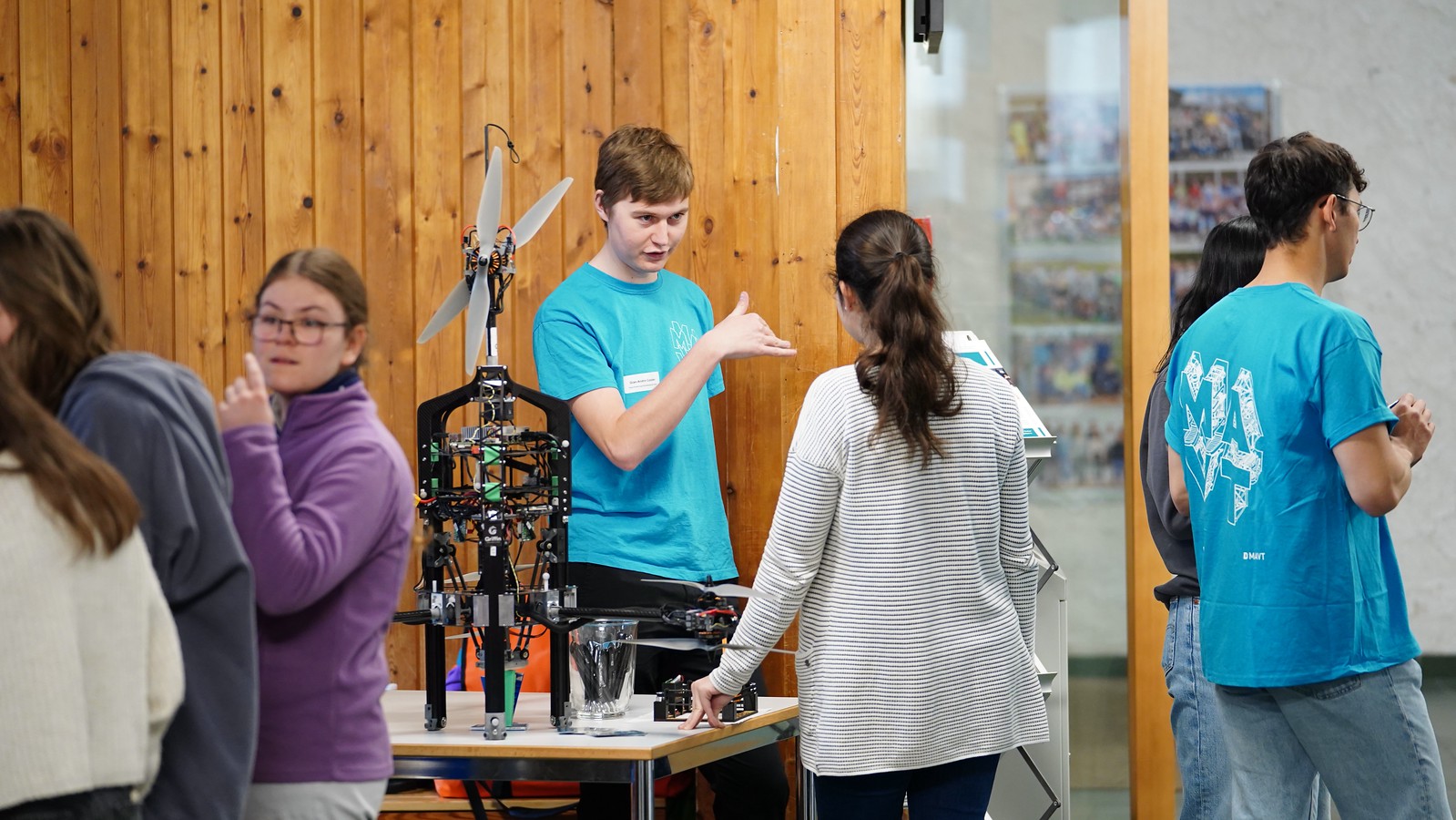
In addition to lectures on various research fields, the event also included exhibition stands supervised by undergraduate students, where the high school pupils were able to experience the research topics first hand through experiments and exhibits. Among other things, they learned about energy systems, walking robots and smart watches.
The pupils were impressed by the event. And Florian Dörfler was also happy about the opportunity to interact with the young people: "I would have liked to come into contact with such topics myself during my school years. It took me a long time to understand that you can influence living beings, send rockets to the moon and control energy systems with the same theories. This still fascinates me and I hope that I was able to convey this fascination to some of the pupils", says Dörfler.
Energy games and role models
Julie Rousseau and Naomi Stricker also want to convey their enthusiasm for their fields of research. The two scientists visited school classes in Geneva and Beromünster as part of the NCCR Women initiative.
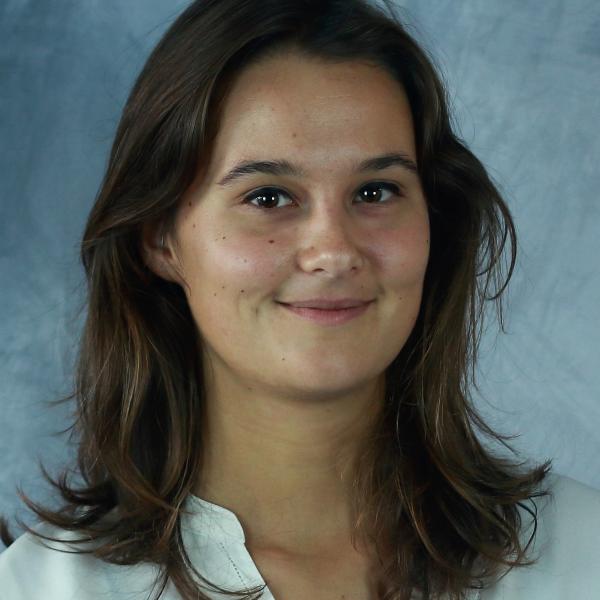
They not only presented their research projects to the pupils, but also talked about their careers. In this way, they want to encourage girls and young women in particular to pursue a career in science, as they are underrepresented in the technical disciplines.
Julie Rousseau discussed the energy system in her talks and did so in a special way: namely with a game simulating the European electricity markets.
For this purpose, classes were first divided into groups and each was given an energy technology (i.e. solar, wind, hydro, gas and nuclear power). They then had to participate in a fictitious energy market with the aim of making the highest profit at the end.
"The game was extremely useful during these visits and really engaged the students. They started to think and understand more about the energy landscape," Rousseau sums up.
Naomi Stricker also told the young people about her research and career during her visit. To this end, she brought the school class objects from her daily work: small solar collectors and control elements with which she would like to modernise processes, like for example building regulation.
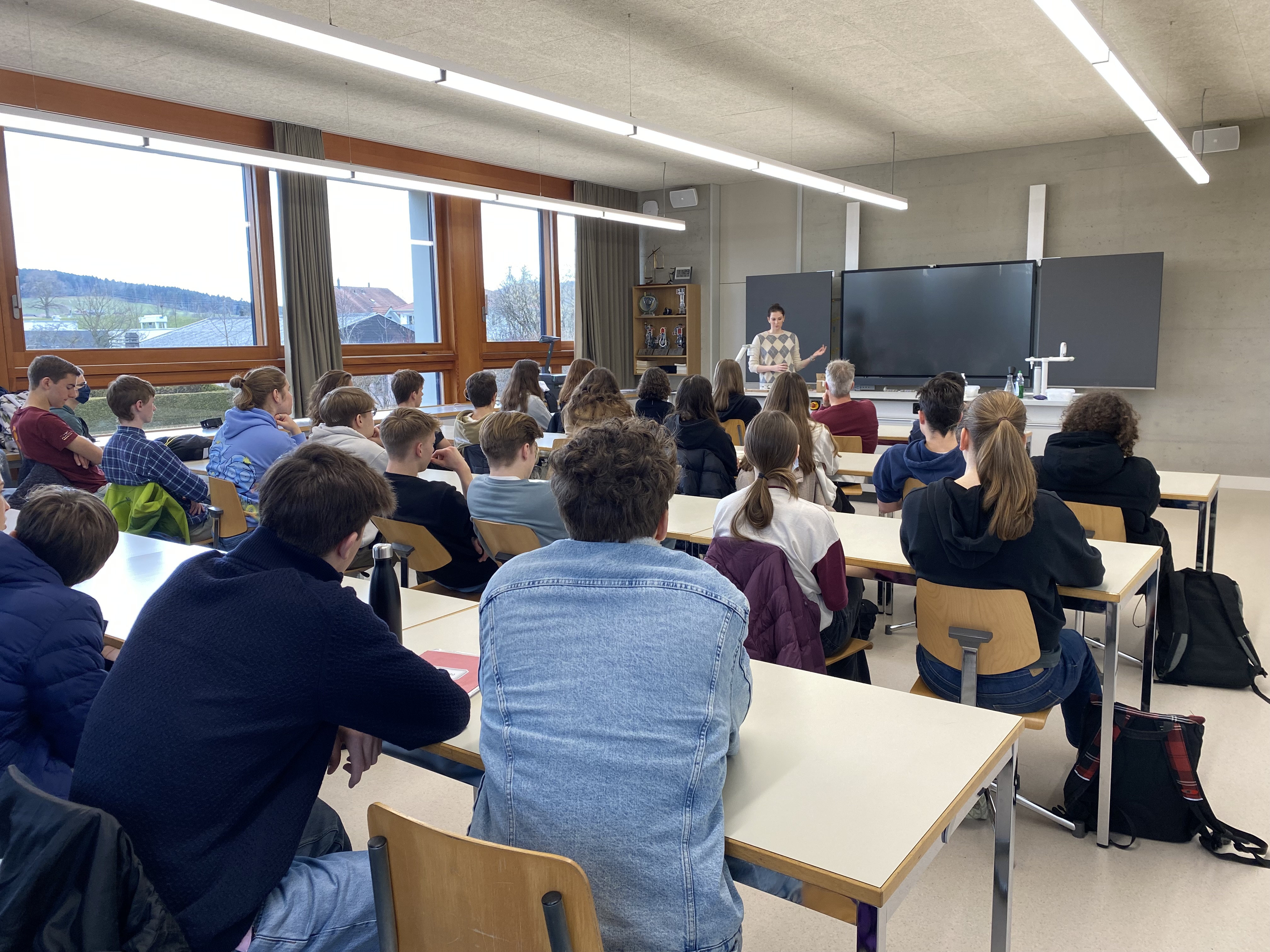
The young people asked her how difficult her studies and work as a researcher are, to which Stricker assured them that it is challenging but doable.
The teacher also appreciated the visit and was glad "to have received another good answer to the students' doubts about the usefulness of mathematics after school."
Naomi Stricker found the visit enriching. "I will happily do something like this again," she said.


